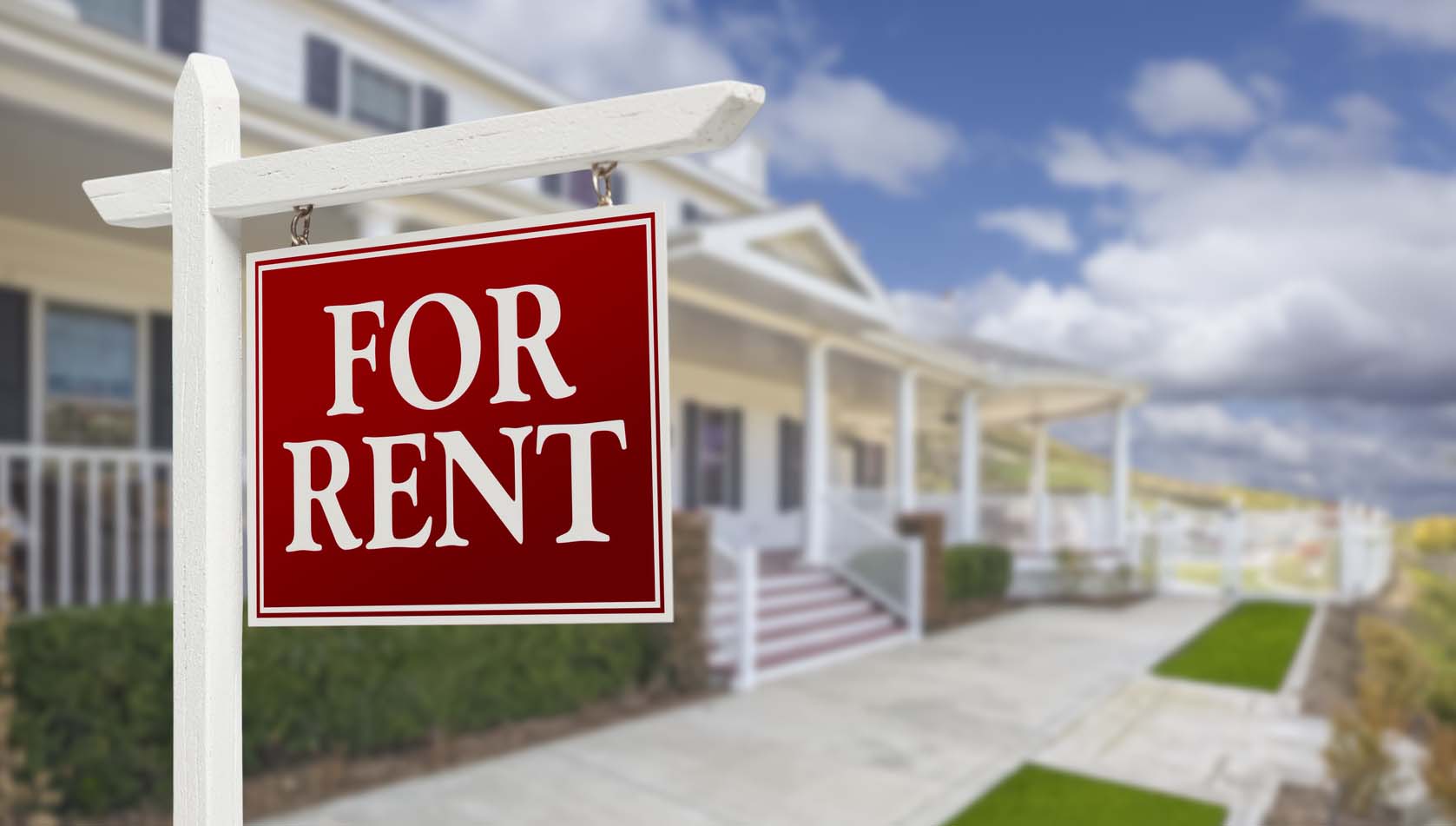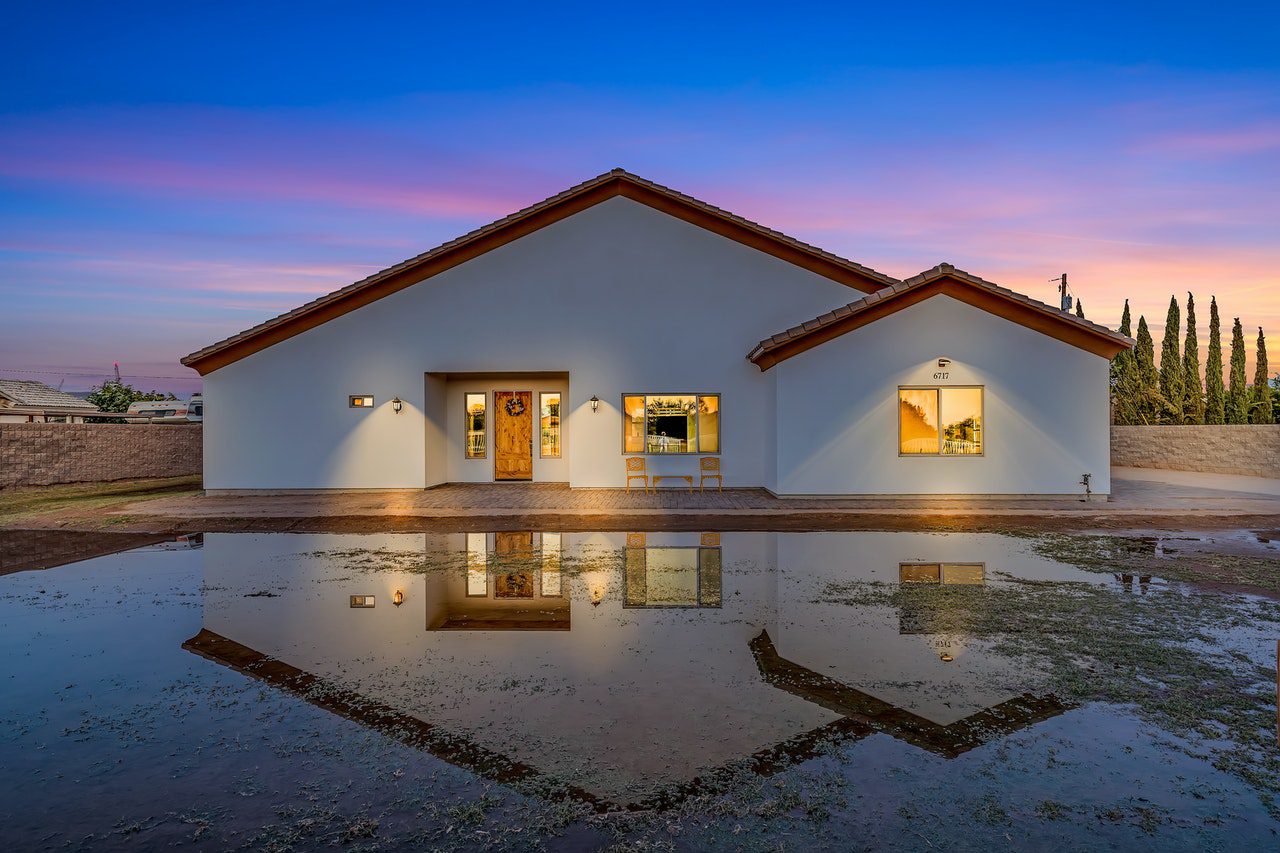
Why Buy Renters Insurance?
October 29, 2017
Is Homeowners Insurance Based On Market Sales Value?
November 12, 2017Clocks fall back again on Sunday 7th November at 2 AM, it then becomes 1 AM.
It is that time of year again; time to walk from room to room, indoor and outdoor timers, watch drawers and car gadgets adjusting the time to one hour earlier. Also a great time to change any battery operated smoke detectors recommended by Fire Departments nationwide (twice a year).
Although you’ll get one more hour of sleep on Sunday morning, darkness will be upon us one hour earlier. For early risers, it may mean a short lived period of greater daylight in the early morning; however, as we approach the Winter solstice in the Northern Hemisphere, each and every day will provide a little less daylight.
Daylight Savings Time – What’s the point?
This system of changing time was originally adopted in Europe and N. America to save energy by providing an extra hour of daylight in the evening, the topic has been controversial and some have argued that it is bad for our health. 70 countries have now adopted the use of daylight savings time.
Some states in the U.S. have chosen no longer to adjust the clock and simply use year round standard time. There’s no doubt that those that want and don’t want to deal with the time change are even; thus, we will continue the argument for ages to come!
Insurance Policy Expiration Time
Insurance policies all expire at 12:01 a.m. local time on the term end date; whatever time it may be at the property location for a homeowners insurance policy and the permanent garaging address for the vehicle(s) on an auto insurance policy.
We’ll be back on the topic again when it is time to ‘Spring Ahead’!

